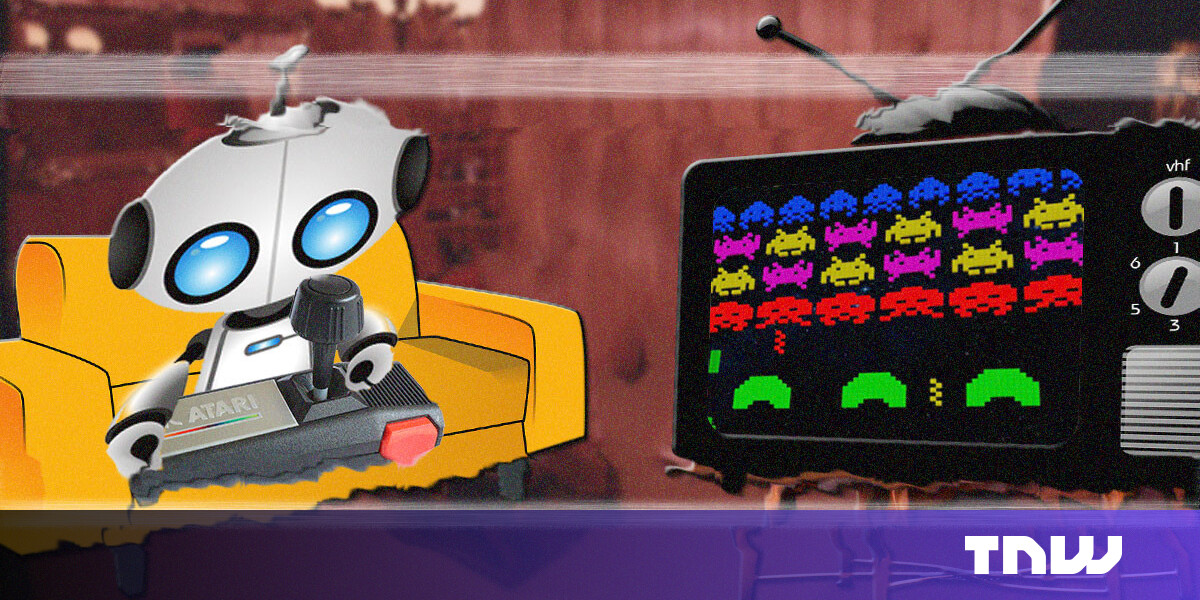Games of Today
Member
I can't be the only one thinking this right?
The fact that A.I. has become so prominent over the past two years but we're still talking about older games that haven't been beaten in terms of NPC A.I. is just very strange to me.
Far Cry 2 is a stand out for me personally because that's the one I've played out of the ones commonly referenced. No other games except Naughty Dog's recent titles such as Uncharted 4 and The Last of Us Part 2 have even come close to impressing me to the degree that this game has.
The other commonly discussed, noteworthy games include (that I know of) Crysis 1-3 (of course) and F.E.A.R.
Edit: Just thought of Alien Isolation as well. An outstanding A.I. system, used for one game and essentially thrown in the trash.
Be sure to mention any other games that you know of that I haven't mentioned.
When do you think the next stand out title will be in terms of NPC intelligence and what developers (if any) do you expect to deliver this quality of A.I. in the future?
The fact that A.I. has become so prominent over the past two years but we're still talking about older games that haven't been beaten in terms of NPC A.I. is just very strange to me.
Far Cry 2 is a stand out for me personally because that's the one I've played out of the ones commonly referenced. No other games except Naughty Dog's recent titles such as Uncharted 4 and The Last of Us Part 2 have even come close to impressing me to the degree that this game has.
The other commonly discussed, noteworthy games include (that I know of) Crysis 1-3 (of course) and F.E.A.R.
Edit: Just thought of Alien Isolation as well. An outstanding A.I. system, used for one game and essentially thrown in the trash.
Be sure to mention any other games that you know of that I haven't mentioned.
When do you think the next stand out title will be in terms of NPC intelligence and what developers (if any) do you expect to deliver this quality of A.I. in the future?
Last edited:




